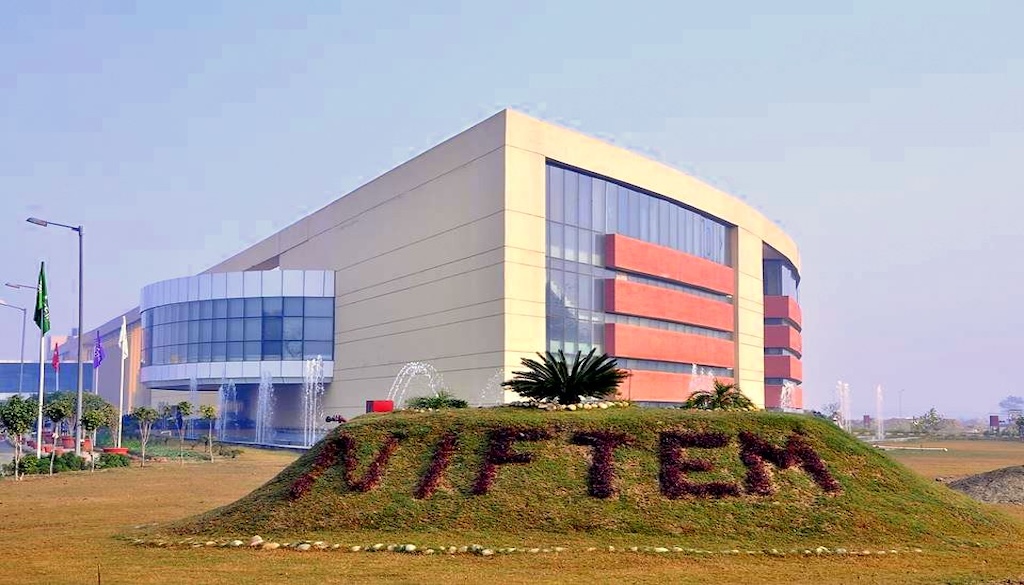Proposal for NIFTEM in Patna to Boost Agriculture and Economy

Patna: A proposal has been put forward to establish the National Food Technology & Entrepreneurship Institute in Patna, a move that could transform Bihar’s food processing industry. The institute would eliminate the need for farmers, entrepreneurs, and students to travel outside the state for food quality testing and research. The initiative is expected to open new avenues for economic development in Bihar and across northeastern states.
Empowering Farmers, Entrepreneurs, and Youth
The proposed institute would focus on both research and technological advancements in food processing. It aims to develop methods for creating value-added products from agricultural goods, enhancing Bihar’s self-reliance in food technology. Dr. Indushekhar Singh, Principal Scientist at the National Makhana Research Institute, emphasized that once operational, the institute would ensure that the quality of Bihar’s renowned products—such as makhana, litchi, and honey—could be tested within the state itself, eliminating the need to send samples to other states.
Lack of Food Testing Facilities in Bihar
Despite Bihar’s reputation for producing high-quality makhana, honey, and the world-famous Shahi Litchi, the state lacks a dedicated food testing laboratory. Currently, farmers and businesses must send their produce to Kolkata or Varanasi for quality certification, a process that can take up to two months. This delay often leads to financial losses, as the demand for seasonal products declines before test results arrive.
Entrepreneurs also struggle with the cost and logistics of out-of-state quality testing, which can exceed Rs 5,000 per sample. In some cases, the testing process is so cumbersome that businesses forgo it altogether, further impacting their market reach. If the proposed institute is established in Bihar, quality tests could be completed more quickly and at a lower cost. Farmers would also have direct access to testing, allowing them to market their produce more effectively.







